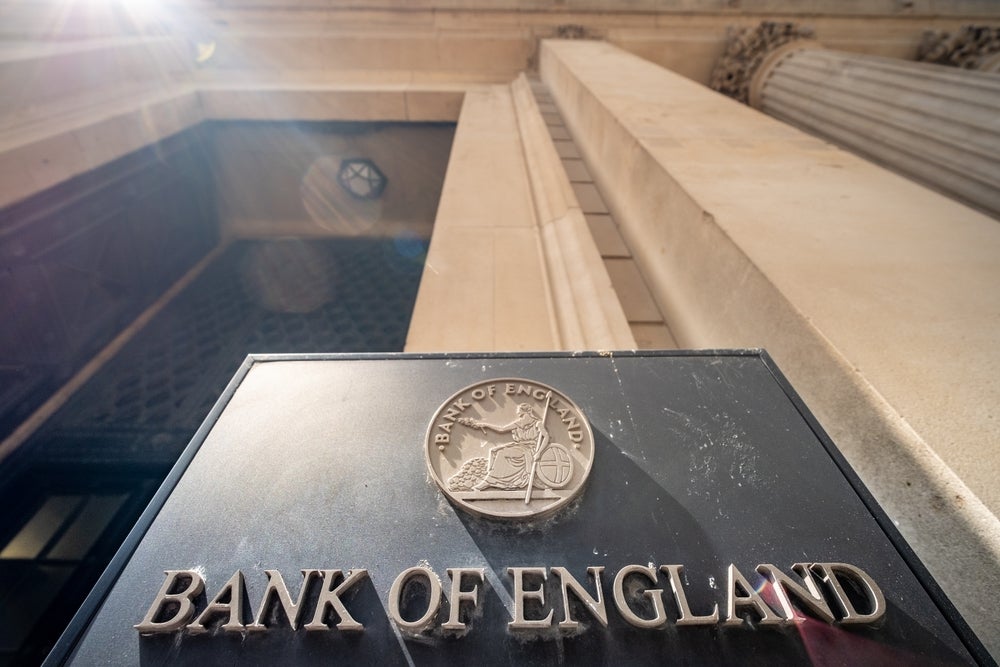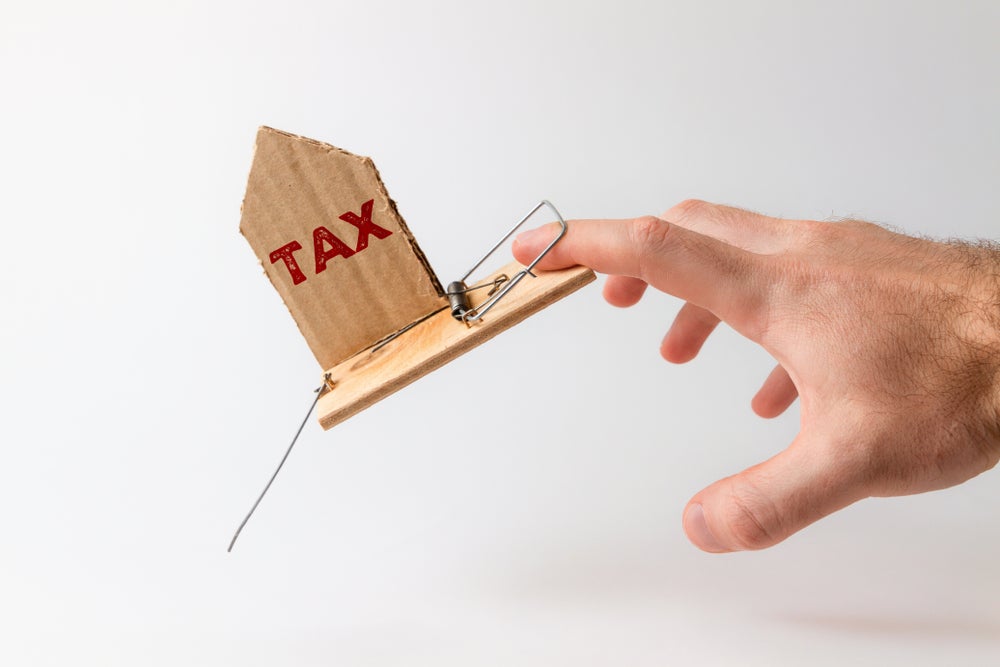
More small businesses and the self-employed are at risk of falling behind on their tax payments as interest rates and inflation continue to bite.
In their analysis of HMRC data, Thomson Reuters found that while 730,620 taxpayers have entered into agreements with HMRC to pay off an overdue £7.8bn ($9.4bn) in tax, a further £40.3bn in overdue tax has yet to be agreed with HMRC. This is a 25% increase on the unscheduled tax arrears a year earlier (£32.2bn).
The 1 March tax deadline means that taxpayers must pay at least half of their annual tax bill in one lump sum payment or HMRC will levy late payment penalties, currently 6.5% of the outstanding tax owed, and could potentially be subject to debt collection processes.
Thomson Reuters says that around £100m ($120m) in penalties are due every year for the late payment of self-assessment tax and additional interest payments averaging £66m a year are due. However, with the recent increase in interest rates, late payment interest charges could increase dramatically this year. The interest rates HMRC charges on late payment of tax has risen from 2.75% on 7 January 2022, to 6.5% on 21 February 2023.
Thomson Reuters general manager of tax & accounting professionals, Simon Brookings, said: “Individuals and small businesses struggling to pay their tax bills on time should contact HMRC immediately to negotiate a Time to Pay Arrangement. These agreements provide options to help them manage tax payments, such as the ability to pay in instalments. Accountants are also a great resource and can help them plan for the tax year ahead with practical advice and software solutions”.
Thomson Reuters says that in Q3 2022, 54,340 businesses entered a Time to Pay Arrangement because of difficulties in paying corporation tax and VAT. This was a 26% increase on the previous quarter (43,160).
How well do you really know your competitors?
Access the most comprehensive Company Profiles on the market, powered by GlobalData. Save hours of research. Gain competitive edge.

Thank you!
Your download email will arrive shortly
Not ready to buy yet? Download a free sample
We are confident about the unique quality of our Company Profiles. However, we want you to make the most beneficial decision for your business, so we offer a free sample that you can download by submitting the below form
By GlobalDataBrookings added: “Tax payments are one of the biggest outgoings for businesses and the self-employed, so it’s critical that they estimate what these payments are going to be as far in advance as possible”.
“This is where their accountant can help. Accountants can leverage software to show clients “what-if” scenarios. This technology can play a critical role in helping businesses succeed as they navigate today’s challenging economic headwinds. I encourage taxpayers to consult with an accountant as early as possible to help them budget for the year ahead.”






